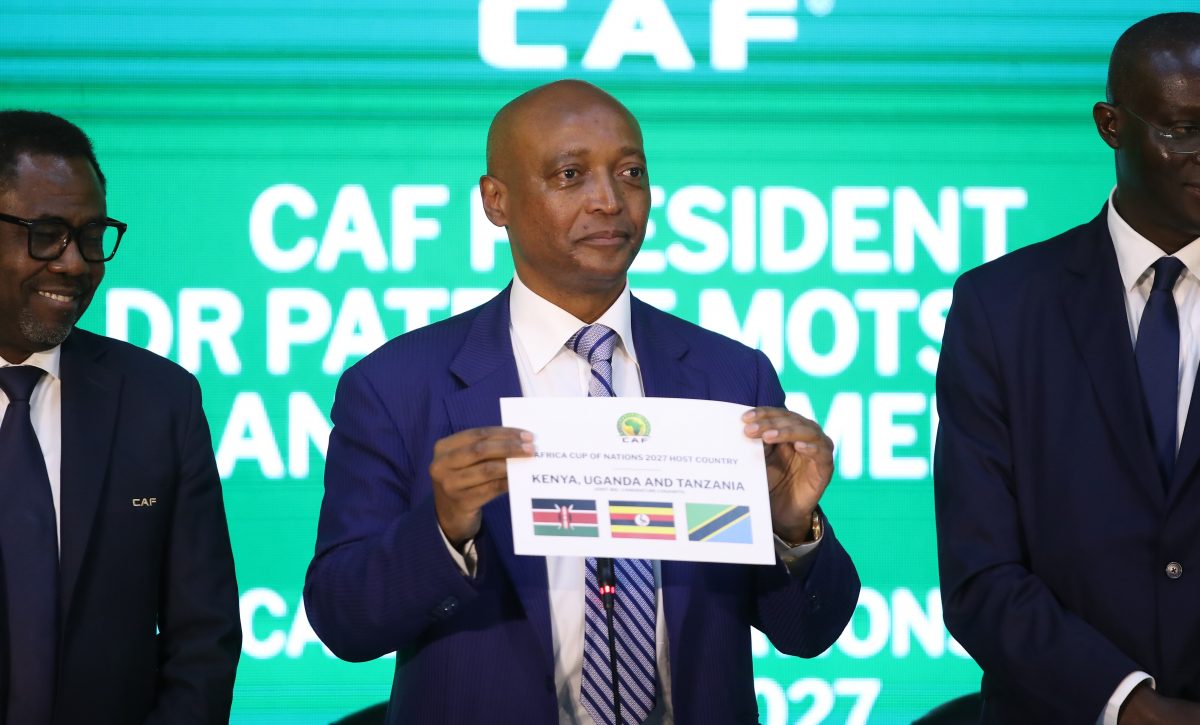Kenya needs candid discussion about religion

It is time to have an honest and serious discussion on the place of religion in the nation. Many recent events across the land call for this. The first is the appropriation of religion in partisan national politics. The punctuation of political slogans with the “god is good” refrain does not help the cause of religion.
Second is the commercialisation of religion for individual gain by religious charlatans. This was famously captured in the “panda mbegu” philosophy used by some preachers. Third is the failure of mainstream religious leaders to stand up for authentic rendition of their faith. What does the church practice on contentious societal issues, particularly politics and ethnicity?
The third factor has led to the rise of the previous two. The dominant faith in Kenya is still Christianity. Most estimates place Christian adherence at over 80 per cent of the population, with Islam at about 10 per cent. The other faiths claim the remaining numbers.
A difficult one to place is the African traditional religion which, for some, is a lifestyle, a cultural clothe that co-exists with adherence to other faiths. These traditional faiths manifest in everyday life but demonstrate their strength during national holidays when their priests emerge from seemingly nowhere to offer prayers at the podium.
The recent excursions by the nation’s number two politician to pay allegiance to the deity residing in Mt Kenya were telling. Married to a Christian pastor whose fidelity is supposed to be to the God of the Bible, the centrality of the Mt Kenya deity remained intact in their lives even in the middle of these Christian confessions.
Dr Permenas Mburu of Daystar University’s Theology Department, in a recent study, found that many Christians, for all the Bible carrying on Sunday, are not averse to dubbing into African religious practices in their private moments. Many years ago, renowned Kenyan theologian John S. Mbiti stated that Africans are incurably religious. This predisposition has offered grounds for exploitation by fortune seekers, be they in the political or commercial arena. But now, even priests of Christianity are joining the trail.
The slippery slope seems to have started rather innocently when the church realised there were material gains to be had by drawing close to political power. Inch by inch, they started ceding the pulpit to politicians.
Politicians also realised that association with the church was the surest way to sway gullible crowds to convince them of a politician’s honesty, and so the symbiotic relationship began.
Charlatans joined it, whose inspiration came mainly from America, driven by the pomposity and wealth of televangelists. This toxic mix has led us to where we are with the reporting of scores of people starved to death in the forests of Kilifi. The incident, while the most devastating, is not isolated.
Unsurprisingly, State intelligence network has been caught unawares. How could so much horror have occurred without the notice of the intelligence apparatus?
In the heat of the political campaigns last year, when the spouse of one of the political candidates raised the issue of the need for regulating this religious space, she was uniformly condemned and forced to walk back the comments. But that stance is now biting us, and the nation can’t pretend as if nothing is happening.
At the heart of this religious fanatism is poverty, exploited by both preachers and politicians. The belief in easy returns for those who believe is enticing. Unfortunately, faith rides on unquestioning loyalty that is being exploited by conmen and conwomen. The vulnerable poor needs to be protected from exploitation by the wolves in sheep’s clothing.
— The writer is the Dean, School of Communication, Daystar University











